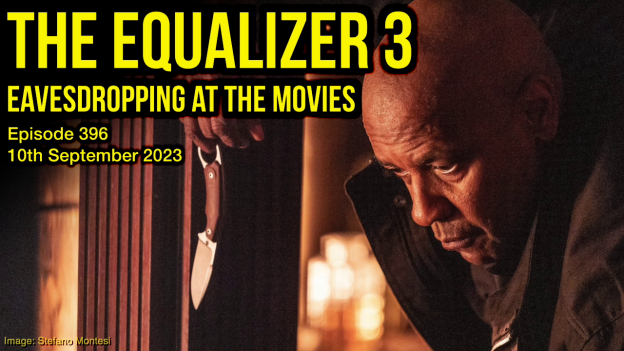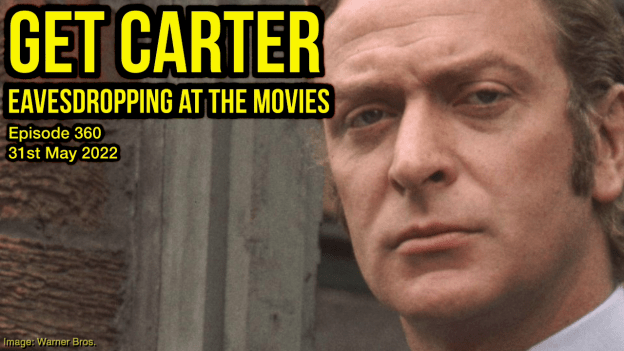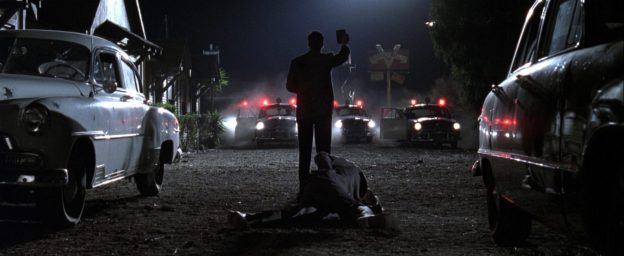Listen on the players above, Apple Podcasts, Audible, Google Podcasts, or Spotify.
In 2002, Tony Leung and Andy Lau starred in the Hong Kong classic Infernal Affairs, which Martin Scorsese remade in the US as The Departed; twenty years on, the inspiration flows in the opposite direction, Scorsese’s The Wolf of Wall Street a clear reference point for this fictionalised tale of real-life stock market manipulation, deeply embedded corruption, and the growth of a multi-billion-dollar company from meagre beginnings on the back of scams, confidence, and lies, with Leung starring as the charming, oleaginous company founder, and Lau as the anti-corruption official on his tail. We had terrific fun in The Goldfinger.
Which isn’t to say it’s a perfect film. We have our issues. The imagery could be more expressive – though director Felix Chong (another Infernal Affairs alumnus: he wrote the trilogy) clearly has an eye for visual impact, and there’s lots to be impressed by. We’d like to know why Lau’s corruption investigator believes that chasing Leung’s CEO is worth the disruption and danger to his family, beyond simply justice. We’d like any similar insight into what drives Leung, beyond simply greed. And if it is simply justice and greed, we’d like it to be better sold, bigger and brasher. We’d like the clash between the two to be more explosive. And the rather pat ending induces eye-rolling. But never mind all that. The Goldfinger is an entertaining and exciting tale of the rise and fall of a business empire that lived and died based on the fundamental corruption of the system and interests that built and supported it.
With José Arroyo of First Impressions and Michael Glass of Writing About Film.









